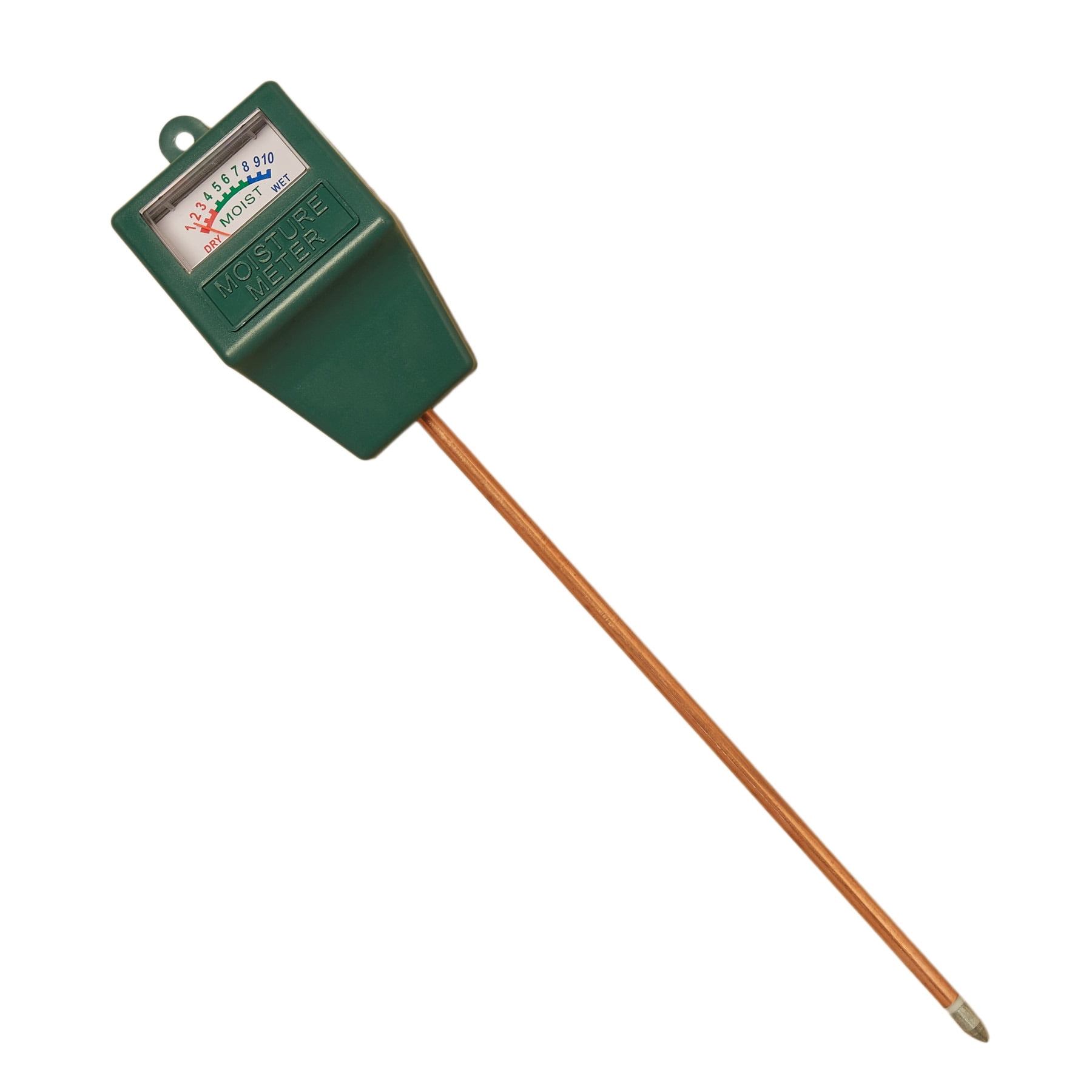Just How a Moisture Meter Can Enhance Your Construction Tasks and Stop Damage
Just How a Moisture Meter Can Enhance Your Construction Tasks and Stop Damage
Blog Article
The Ultimate Guide to Dampness Meters: A Comprehensive Review and Exactly How They Can Conserve You Cash
Moisture meters serve as crucial tools in finding and monitoring moisture web content in products, aiding in preventing expensive problems and making sure the high quality of products. Comprehending the subtleties of different types of wetness meters, their applications, and the potential cost-saving benefits they provide can be a game-changer for companies and professionals alike.
Kinds of Dampness Meters
One common kind is the pin-type moisture meter, which determines the electric resistance between two pins inserted into a product. Pinless wetness meters, on the other hand, usage electromagnetic sensor plates to scan a bigger location without creating damage to the material's surface area.

Infrared dampness meters gauge the thermal residential properties of a product to determine its dampness material non-invasively, making them valuable for applications where pin or pinless meters may not be suitable. Recognizing the various types of dampness meters available can assist sectors pick the most proper device for their particular dampness dimension needs.

Benefits of Utilizing Wetness Meters
Dampness meters use important benefits in accurately evaluating and checking dampness degrees in varied products and settings. One of the key benefits of using moisture meters is the prevention of potential damage caused by excess wetness.
In addition, utilizing moisture meters can lead to raised energy effectiveness. In agricultural setups, dampness meters play a critical function in optimizing crop yields by enabling farmers to check soil moisture levels and make informed irrigation decisions.
How to Pick the Right Dampness Meter
Selecting the ideal wetness meter includes taking into consideration vital factors such as product compatibility, dimension array, and calibration accuracy. When picking a moisture meter, it's essential to make sure that the meter appropriates for the certain material you will certainly be testing. Different products have varying electrical residential or commercial properties that can influence wetness analyses, so selecting a meter created for your product is important for precise outcomes. Additionally, think about the dimension variety of the dampness meter. Make certain that the meter can discover wetness degrees within the variety needed for your applications. Calibration accuracy is an additional crucial aspect to remember. Go with a moisture meter with reputable calibration to make certain precise and constant analyses. Some meters might call for regular calibration adjustments, so recognizing the calibration process is necessary. By very carefully assessing these variables, you can pick a dampness meter that fulfills your requirements and supplies accurate wetness measurements for look these up your projects.
Correct Techniques for Wetness Meter Use

Price Cost Savings Via Wetness Meter Applications
Exactly how can the critical usage of dampness meters lead to significant expense savings throughout different markets? In the farming market, wetness meters help in determining the optimum time for harvesting crops, stopping excess or over-drying dampness that can impact the last item's high quality.
Similarly, in building, dampness meters assist avoid expensive damages by identifying wetness degrees in structure materials, such as timber or concrete, which can cause architectural problems otherwise addressed promptly. By recognizing issue areas early on, contractors can take corrective procedures to prevent comprehensive repair services or substitutes, ultimately conserving money and time.
Moreover, in the food handling market, wetness meters are crucial for checking product top quality and guaranteeing compliance with security guidelines. By properly gauging wetness web content in food items, manufacturers can protect against putridity, preserve freshness, and lower waste, leading to significant price savings. In general, the critical application of wetness meters is a useful investment discover this that can cause considerable cost decreases and enhanced effectiveness throughout different industries.
Conclusion
In verdict, wetness meters are useful tools for finding and measuring wetness degrees in various materials. By utilizing the ideal wetness meter and adhering to correct techniques, individuals can properly prevent expensive damages brought on by excess dampness. Spending in a quality wetness meter can cause significant cost savings in the future by determining prospective problems beforehand and making it possible for prompt removal. Eventually, dampness meters are vital instruments for maintaining the integrity and durability of frameworks and products.
Wetness meters offer as essential tools in spotting and keeping track of moisture material in materials, helping in Resources preventing costly problems and making sure the quality of items. Infrared moisture meters gauge the thermal properties of a product to establish its wetness content non-invasively, making them useful for applications where pin or pinless meters might not be appropriate.Wetness meters use important advantages in precisely assessing and checking moisture levels in diverse materials and settings. In agricultural settings, dampness meters play a critical duty in enhancing plant returns by enabling farmers to check dirt wetness levels and make notified watering decisions.In conclusion, moisture meters are useful tools for detecting and measuring dampness levels in numerous products.
Report this page